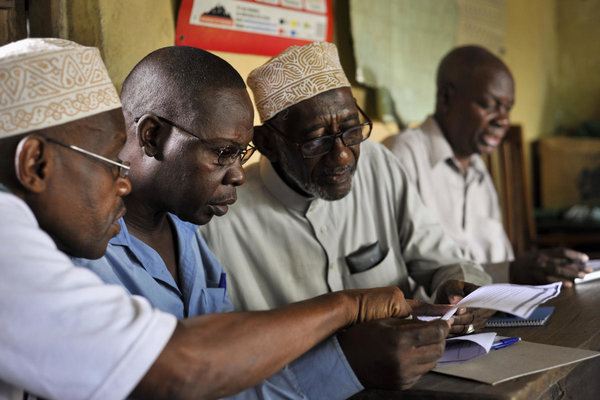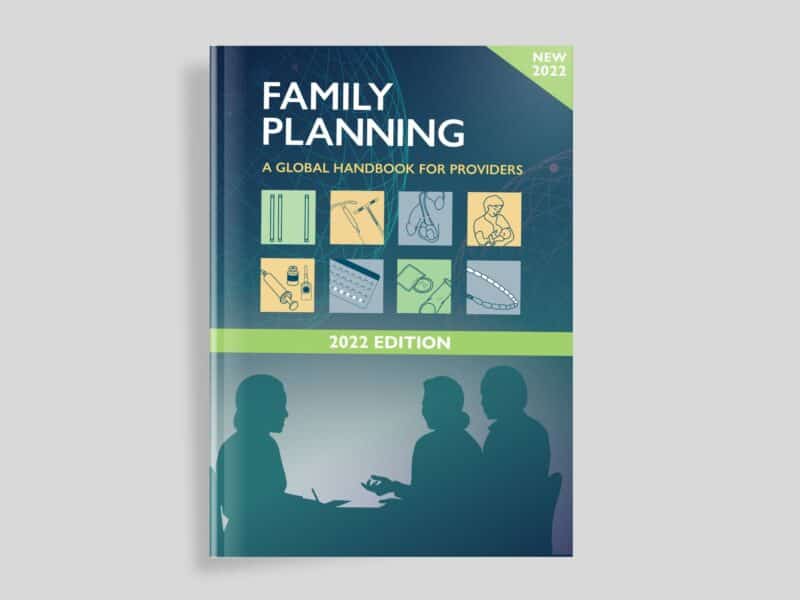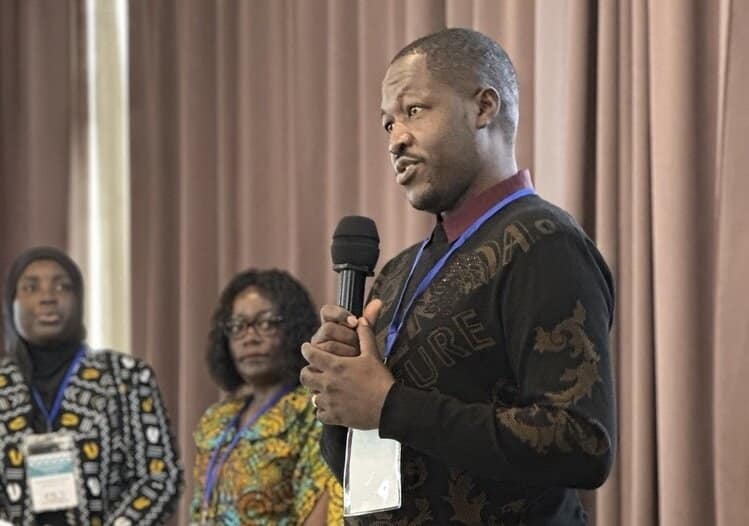Some of the most rural parts of Nigeria have some of the lowest rates of contraceptive use not just in Africa, but in the entire world. In Sokoto state, in the northwest corner of Nigeria, fewer than one percent of women use modern contraception; in nearby Bauchi state, it is just 2.4 percent.
But six months into an intervention developed to make inroads in these communities through the engagement of religious leaders to champion the concept of birth spacing, the number of people using modern family planning has doubled there. And the numbers keep rising.
“For years, family planning was promoted by trying to convince women to use contraception in order to have fewer babies, but this goes against core cultural beliefs of many people in Nigeria, especially in conservative Muslim communities,” says Ian Tweedie, the Nigeria team leader for HC3, a USAID-funded program at the Johns Hopkins Center for Communication Programs. “Instead of leading off with a medicalized message about the pros and cons of each type of contraception, we met with religious leaders and really spelled out the benefits of birth spacing. These religious leaders then became strong advocates within the broader community.”
Beginning at the end of 2016, HC3 began meeting with small groups of religious leaders to discuss the benefits of birth spacing, an Islamic teaching dating back centuries. Waiting two years before having another child improves health outcomes for mothers and their babies. Those religious leaders then worked with HC3 to spread the word to other religious and government leaders.
Once they were on board with the idea of birth spacing – and the use of contraception to assist with that goal – religious leaders began to speak out on radio and in their communities and congregations about its benefits. At the same time, HC3 brought together community groups who then learned from those religious leaders. The meetings stressed the benefits of birth spacing first, before engaging in a dialogue about modern contraceptive methods.
In a place where family planning conversations have long been difficult, if not taboo, it was quite a sight to see religious leaders using informational flip charts to spread the word how to safely space childbirth.
“For the first time in the history of family planning intervention in Bauchi state, prominent Islamic preachers are publicly encouraging the general public to practice childbirth spacing,” says Usman Inuwa, who is leading HC3’s efforts in Bauchi state. “HC3 has broken the chain of silence and denials of family planning acceptance among the highest Islamic preachers in Bauchi state.”
Says Hajiya Khadija M. Abubakar, the first lady of Bauchi state: “This is the first time I feel very comfortable talking about childbirth spacing publicly and I am particularly interested in how we can institutionalize it to make it stronger so that it can be sustained and be the best in Nigeria.”
Since mid-2017, in the communities HC3 engaged with in Sokoto, Bauchi and Ebonyi states, there has been a sharp increase in visits to family planning clinics and the adoption of modern contraception. For example, an average of 75 percent more people have adopted modern family planning each month since the intervention began, and rate of increase continues to rise with each passing month.
Tweedie says he thinks it was a change in tactics that can be credited with this early success and he hopes that HC3’s methods can be implemented on a much larger scale.
“Often in public health, we assume people know about the benefits of birth spacing and so we quickly move into the details of various contraceptive methods,” he says. “But what we have done here has really started to make a difference.”





